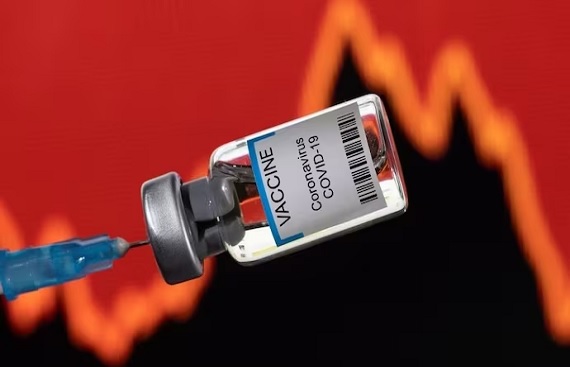IISc Scientists Create Heat-Resilient COVID-19 Variant Vaccine
By
siliconindia | Thursday, 11 January 2024, 12:13 Hrs

Researchers at the Indian Institute of Science (IISc) are working on a heat-resistant vaccine capable of providing immunity against various strains of SARS-CoV-2, including current and potential future variants. This development is particularly significant amid the prevalence of the highly transmissible JN.1 variant, which exhibits immune evasion characteristics. In their publication in npj Vaccines, the team detailed the creation of a synthetic antigen, presenting a promising candidate for a COVID-19 vaccine.
The researchers demonstrate the effectiveness of their vaccine candidate against all existing strains of SARS-CoV-2, with the capability for swift adaptation to future variants. Under the leadership of Raghavan Varadarajan, a Professor at the Indian Institute of Science's Molecular Biophysics Unit (MBU), the team identified two components of the virus's spike protein the S2 subunit and the Receptor Binding Domain (RBD) for the design of their vaccine candidate, following an analysis of various viral proteins.
The S2 subunit is highly conserved; it mutates much less than the S1 subunit, which is the target of most current vaccines. Scientists have also known that the RBD can provoke a strong immune response in the host. Therefore, the team created a hybrid protein called RS2 by combining these two components. The researchers used mammalian cell lines to study the expression of the hybrid protein.
The team tested the effects of the protein in both mice and hamster models and found that the hybrid protein triggered a strong immune response and provided better protection when compared to vaccines containing the whole spike protein. The RS2 antigen can also be stored at room temperature for a month without the need for cold storage, unlike many vaccines on the market which require mandatory cold storage. This would make the distribution and storage of these vaccine candidates much more economical. Varadarajan explains that his team began working on the vaccine even before the pandemic became widespread in India.
Since the year 2000, Varadarajan's team has been engaged in the development of various viral vaccines, targeting ailments such as AIDS and influenza. Drawing on their extensive expertise, they have applied their knowledge to formulate the current RS2-based COVID-19 vaccine candidate in collaboration with the startup Mynvax, previously incubated at IISc. The team asserts that the vaccine can be customized to include the Receptor Binding Domain (RBD) of any new SARS-CoV-2 variant that may emerge. Notably, its high expression levels and stability at room temperature have the potential to significantly reduce production and distribution costs, making it a promising candidate for combating COVID-19.
